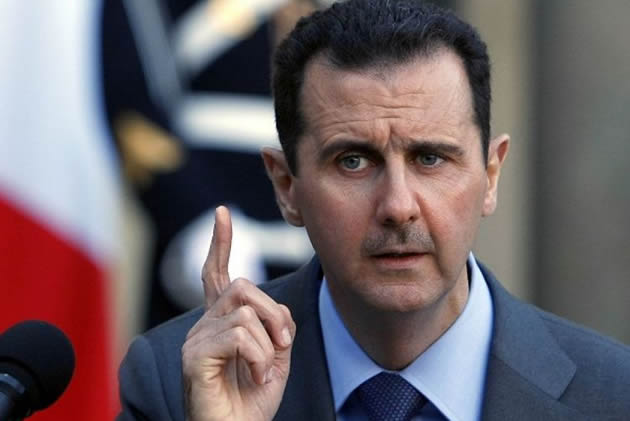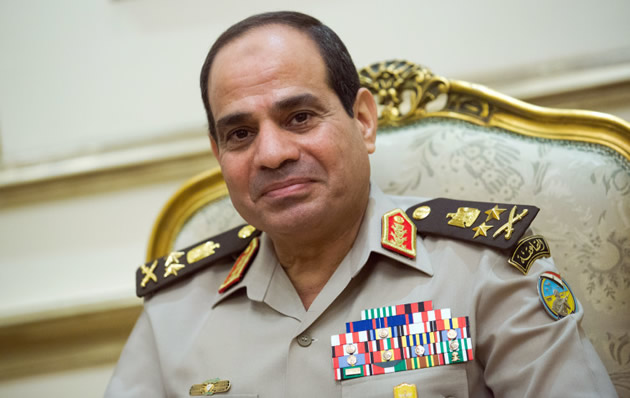More than a Tale of Two Patricks

My Turn with Tichaona Zindoga
The whole of Government should sit down and come up with a workable framework that is progressive and take the country forward while keeping the unique liberation identity of Zimbabwe and safeguarding its family silverware.
There is a public fallout that appears to be unfolding between two ministers in Government – Finance Minister Patrick Chinamasa and his Indigenisation counterpart Patrick Zhuwao.
It may as well be a Tale of Two Patricks, but a cursory look at the situation and circumstances will train a critical eye on the fact that this is not just a clash between two individuals and members of the ruling party, Zanu-PF.
The more creative among us are even seeing the matter along factional lines, real or imagined.
But that is hardly our business.
The first thing to demonstrate the fall-out and locate the beef between the two ministers is that the question of indigenisation is at the centre of their dispute.
Indigenisation has been a topical and emotional issue since it became law and policy in the middle of the last decade.
The Indigenisation and Economic Empowerment Act was promulgated in 2007.
This column and its writer have been supporters of the law and policy and have been great admirers of all those that have followed both the letter and spirit of the law while upset by those that have not shown enough zeal in its pursuit.
The reason for this religious support for the law and policy is the belief that there is no better way to further the historical continuum of struggle than this front that dovetails with other pursuits for self-reliance and determination of black people of Zimbabwe that have taken place already.
That position, that belief in the sanctity of indigenisation, remains unchanged.
Indigenisation has faced a lot of resistance from inside the country and outside and the amount of resistance ranged against the ideals of the concept of indigenisation, only solidifies the resolve of those that believe in it not to relent.
For, if something faces so much resistance from such quarters as the former colonial masters and their local puppets, it can only mean the thing is good for the majority of this country.
There can never be a time when the poor black majority will have mutual interests and enjoyments with the former colonial capitalists and their lackeys and apologists.
The former colonialist and their lackeys and apologists always seek to exclude the majority – just like they did with the land reform and the liberation struggles before.
The indigenisation war can be seen within that matrix.
And understood in this context, people like Saviour Kasukuwere and lately Patrick Zhuwao are seem as Hitlers and little devils.
It takes little to realise that this new demonisation is the equivalent of the demoniation that freedom fighters of yore faced as they were called all sorts of names, including terrorists.
These are people who were described in the most ghoulish, dehumanising terms and people were urged not to entertain them let alone allow them to rule.
A particularly hilarious anecdote we have heard is that people were told that if they allowed the “terrorists” to rule this country, Christmas would be outlawed!
On the other hand, sellouts of yore were feted as reasonable and moderate and gentlemen politicians.
In the indigenisation war we have had such gentlemen like one Francis Nhema who we are now told spent his time drinking tea instead of executing the business of this important war.
It is because of the tea drinking preoccupation of Francis Nhema that indigenisation as an agenda almost slipped off the radar.
It only took Cde Zhuwao to bring it back as a national talking point, which it should be – as it is now.
Because of the pains that the writer has taken to background the issue of indigenisation, already he risks being accused of taking sides in the perceived turf war between the Two Patricks, which is a familiar risk, though.
But how should we interpret the present row over the implementation of the indigenisation law, which has been a niggling question and one over which the ministers seem so sharply divided that they couldn’t stand each other, with each other, along with RBZ Governor John Mangundya, for a joint Press conference on Christmas Eve?
It would appear that Cde Chinamasa is “softening” the stance on indigenisation, allowing companies to comply by March next year, instead of the initial January 2014 deadline.
He has also proposed that: “A non-indigenous business may hold the majority shareholding for a period ranging up to five years except for the energy sector, which can go up to 20 years.”
He proposes that: “Existing foreign-owned companies may continue to operate in all sectors of the economy but shall be required to pay an indigenisation compliance levy as a trade-off for non-compliance.”
This is but part of his recommendations which he hopes will unlock FDI.
But the other Patrick is not too happy, not least because he sees an infringement on his ministry, perhaps rightly so.
He himself is generally inclined to see the indigenisation law implemented as it is.
He feels that the new proposals are an act of treachery, especially so after the statement issued by Cde Chinamasa “was timed specifically when the President was out of the country, when the President has gone on leave”.
The issue at stake, the reason why Cde Zhuwao sees “treachery”, is about the amount of concessions that Zimbabwe must grant foreign companies.
Cde Zhuwao can be said to be a hardliner.
Cde Chinamasa is said to be a “moderate” or “reformer” and he is being hailed as the best thing to happen in 2015 in some circles.
Can there be any negotiation between these two extremes?
There have been so many conflicting signals on the issue previously and the present rumpus adds to the existing confusion.
Can there be reforms without selling out, as it were?
Many people may feel that the “hardline” stance has not yielded much in terms of investment – bar the Asian mega deals and the Dangote ventures – and a change of approach is needed.
However, what is a revolution without resistance?
It brings back memories of the old liberation war when some people wanted to negotiate with the white regime and others wanted to continue with the armed struggle.
At what point should there be concessions, and what kind of concessions are to be made?
This brings out the main point of this piece, namely that the issue of indigenisation is a war that is bigger than the personalities of the Two Pat- ricks.
If the issue is about FDI, why is Dr Obert Mpofu, Macro-Economic Planning and Investment Promotion Minister, silent?
And why, too, is Industry and Commerce Minister Mike Bimha mum on an issue that affects his ministry, like many others?
The whole of Government should sit down and come upon with a workable framework that is progressive and take the country forward while keeping the unique liberation identity of Zimbabwe and safeguarding its family silver- ware.
This business of making a weighty issue like indigenisation a personal war and popularity contest between two individuals is misplaced.
There are bigger national stakes.








Comments